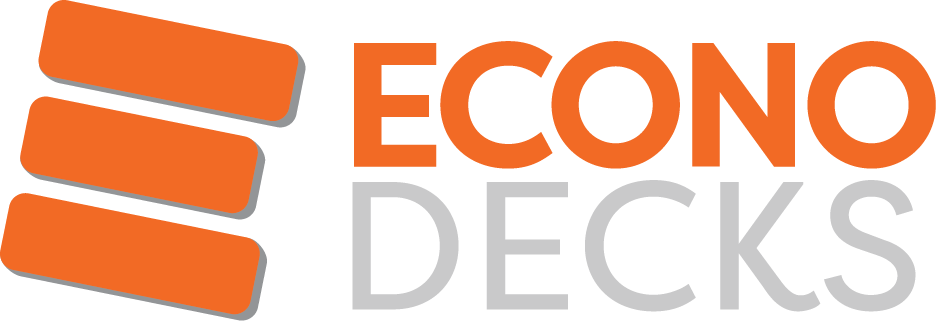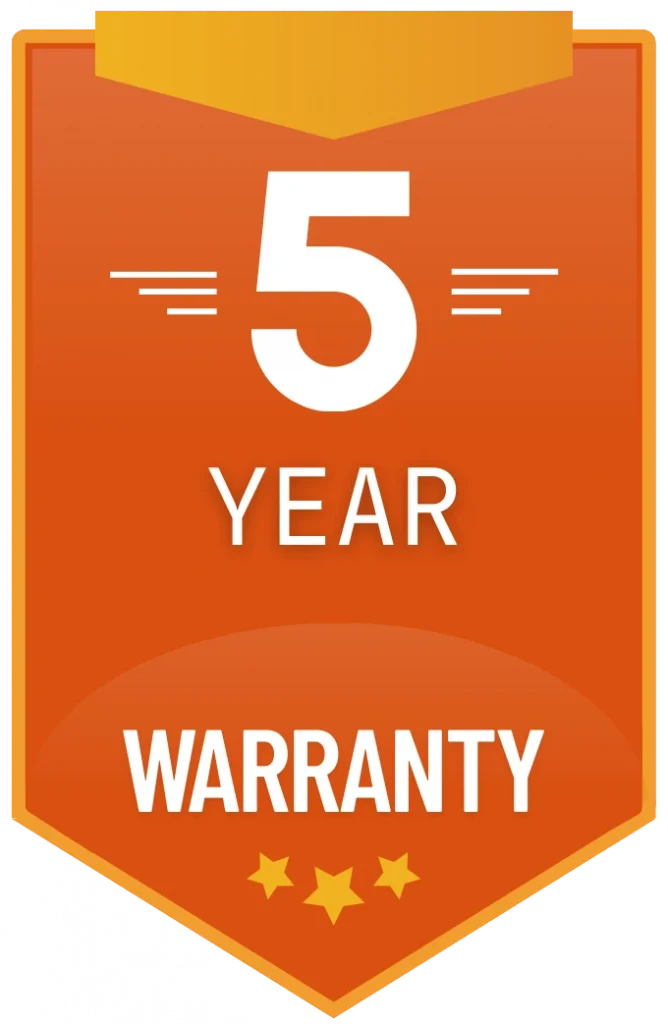When you’re dreaming up the perfect outdoor space, one of the first design decisions you’ll face is whether to build a floating deck or an attached deck. It might sound like a small detail, but choosing the right structure can impact everything—from how much you’ll spend to how your deck handles Calgary’s changing seasons.
So, which one is right for your backyard? Let’s break down the differences, pros and cons, and key factors to help you decide.
What Is a Floating Deck?
A floating deck—sometimes called a freestanding deck—is a platform that “floats” above the ground without being attached to your home. Instead of being anchored with a ledger board, it rests on concrete deck blocks or piers set directly into the ground or gravel base.
Because floating decks don’t connect to your house, they’re usually smaller in size, easier to install, and don’t require structural changes to your home. That makes them a popular choice for quick upgrades, rental properties, or backyards with unique layouts.
If you’re in the early planning stages, a floating deck can be a smart way to experiment with space or add value without a major construction project. For ideas on where to start, check out our guide to planning and building a deck—it covers the essential steps for getting your layout right from day one.
Benefits of a Floating Deck
- Easier, faster installation—often doesn’t require permits
- No modifications to your home’s siding or foundation
- Ideal for sloped yards or difficult terrain
- Lower upfront cost
Potential Drawbacks
- Can shift over time without proper footings
- Less integration with your home’s indoor space
- May require extra maintenance depending on the base material
What Is an Attached Deck?
An attached deck is exactly what it sounds like—a deck that’s secured directly to your home. This design uses a ledger board to fasten the deck to the structure of your house, creating a seamless extension of your living space.
Attached decks are typically more permanent and more involved to build. They often require permits and inspections, especially in Calgary where building codes and weather conditions add extra considerations.
But there’s a payoff: attached decks increase the square footage of usable living space and often add more resale value than floating decks, thanks to their durability and integration with the home.
Benefits of an Attached Deck
- Seamless access from doors or patios
- Greater structural strength and long-term stability
- Adds value to your property
- Better for larger gatherings or outdoor kitchens
Potential Drawbacks
- Requires permits and code compliance
- More complex and costly to build
- Improper installation can cause water damage if not sealed correctly
If you’re leaning toward an attached deck but aren’t sure how to navigate permits or code, working with a professional can save a lot of headaches. Learn more about the benefits of hiring a deck builder for projects that require structural anchoring and code compliance.
Floating vs Attached: Side-by-Side Comparison
| Feature | Floating Deck | Attached Deck |
|---|---|---|
| Installation | Fast and simple | More involved, requires permits |
| Cost | Lower upfront cost | Higher investment |
| Structural Support | Freestanding | Anchored to your home |
| Ideal For | Uneven yards, quick installs | Seamless indoor-outdoor access |
| Durability | Moderate (may shift over time) | High (very stable long term) |
What About Calgary’s Climate?
This is where the decision can get a little more complicated. Calgary is known for its freeze-thaw cycles, dry winters, and occasional hailstorms. These conditions can be rough on decks—especially those that aren’t anchored or properly built to handle ground movement.
Floating decks, if not set on a properly compacted gravel base or frost-rated footings, are more likely to heave or settle unevenly over time. That means extra maintenance down the road to keep things level.
Attached decks are generally more stable in harsh climates but must be flashed and sealed correctly where they meet your home to avoid water damage or leaks. For a deeper dive on how Calgary’s conditions should shape your deck decision, read our blog on deck building for Calgary’s climate.
Which Deck Style Is Right for Your Backyard?
Not every backyard—or budget—is the same. Here are a few factors to consider when deciding:
1. Do you rent or own your home?
Floating decks are ideal for renters or those not looking to invest heavily in a permanent structure.
2. What’s your budget?
If you want to create a beautiful space without a big upfront cost, a floating deck offers flexibility. If you’re planning your “forever” deck and want something that boosts home value, attached is usually the better long-term investment.
3. Do you want indoor-outdoor flow?
Attached decks shine when built off kitchen doors, patios, or walk-outs, creating seamless transitions for entertaining or everyday use.
4. Is your yard sloped or uneven?
Floating decks can be built level even on tricky terrain, without extensive excavation.
5. Are you concerned about permits and inspections?
If you want to skip the paperwork, a small floating deck often qualifies as a non-permitted structure—though it’s always best to check local regulations.
Still unsure? That’s totally normal. You can also get inspiration from our list of common deck design mistakes to help avoid missteps that could affect your choice later.
Conclusion: The Best Deck Is the One That Works for You
Whether you choose a floating deck or an attached one depends on how you plan to use your space, how long you’ll stay in your home, and how much you’re looking to invest. Both styles offer great options—but they come with different responsibilities, benefits, and visual impact.
If you’re ready to start your deck project, Econo Decks is here to help. We’ve built floating and attached decks across Calgary that are beautiful, functional, and made to last—no matter the style.
Contact us today for a free quote and expert help choosing the right deck for your backyard.


